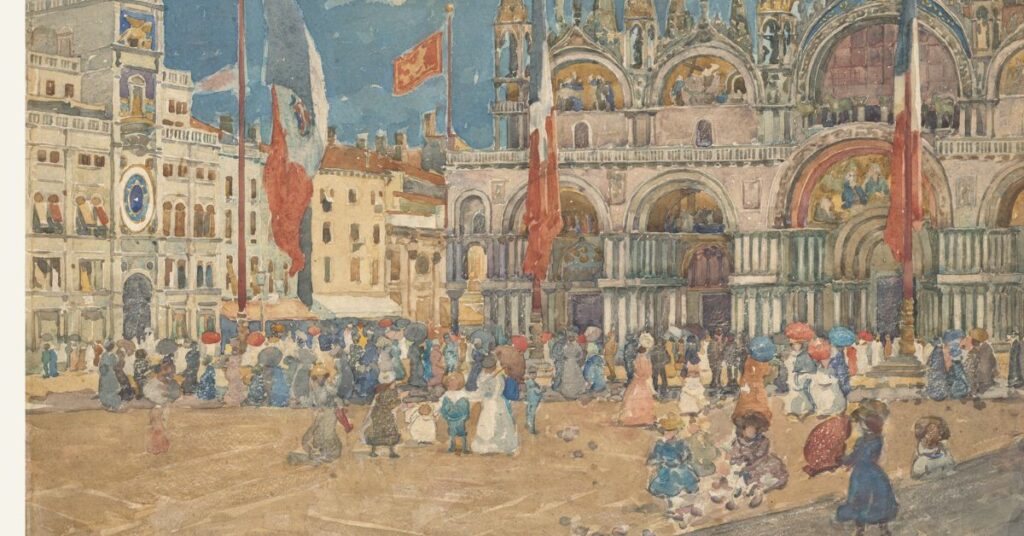
Introduction of Macbeth As a Tragic Hero
William Shakespeare has portrayed Macbeth as a tragic hero in his famous play, Macbeth. Often regarded as one of Shakespeare’s quintessential tragic heroes, Macbeth embodies many characteristics defining tragic figures in literature. Through his actions, struggles, and ultimate downfall, Macbeth presents a compelling study of ambition, power, and moral corruption. This article will explore Macbeth’s qualities, actions, and eventual fate to understand why he is considered a tragic hero.
Short Summary
“Macbeth” is a play by William Shakespeare about a brave Scottish general named Macbeth. Three witches tell him he will become king. Driven by ambition and spurred on by his wife, Lady Macbeth, he kills King Duncan and takes the throne. However, guilt and paranoia consume him, leading to more murders and a tyrannical rule. Lady Macbeth goes mad and dies. Macbeth’s reign ends when he is killed in battle by Macduff, a nobleman whose family Macbeth had murdered. The play explores themes of ambition, power, guilt, and the supernatural.
His Birth
One of the key characteristics of a tragic hero is their noble origin and high social standing. Macbeth fulfills this criterion as a valiant warrior and a respected Scottish noble. King Duncan honors him for his bravery in battle and initially grants him the title of Thane of Glamis. His status is elevated further when he is granted the title of Thane of Cawdor, and he harbors aspirations for even greater power.
Hamartia
A fundamental trait of a tragic hero is the presence of a fatal flaw, or hamartia that leads to their downfall. In Macbeth’s case, this fatal flaw is his unchecked ambition. Driven by the witches’ prophecies and Lady Macbeth’s manipulations, his ambition overrides his moral considerations and sense of reason. Despite his initial hesitations, Macbeth’s desire for power propels him to commit regicide and a series of subsequent atrocities to secure and maintain his position.

Hubris and Overreaching
Macbeth’s excessive pride, or hubris, significantly contributes to his downfall. The witches’ prophecies instill a false sense of invincibility, leading him to believe he is untouchable. This overconfidence blinds him to the consequences of his actions and causes him to overextend in his quest for power. His hubris alienates his allies and supporters, setting the stage for his eventual defeat.
His Tragic Fate
An essential element of a tragic hero’s journey is the recognition of their inevitable fate. Macbeth’s realization of the futility of his ambitions comes too late, as he acknowledges the witches’ prophecies’ double meanings and understands the full extent of his moral decay. His awareness of his tragic end adds a poignant depth to his character, highlighting the irreversible consequences of his choices.
Catharsis and Audience Empathy
As a tragic hero, Macbeth evokes a sense of catharsis in the audience, taking them on a harrowing journey that elicits both fear and pity. Despite his heinous deeds, the audience can empathize with his internal conflicts and existential struggles. His tragic end is a powerful reminder of the dangers of unchecked ambition and moral corruption, resonating across different eras and cultures.
Final Thoughts About Macbeth As a Tragic Hero
In conclusion, Macbeth exemplifies the characteristics of a tragic hero, from his noble beginnings and fatal flaws to his tragic end and ultimate downfall. Shakespeare’s portrayal of Macbeth delves into the complexities of human nature and the timeless themes of ambition, power, and morality. Despite his flaws and crimes, Macbeth remains a compelling and enduring character whose tragic journey continues to captivate and move audiences worldwide. His enduring appeal as a tragic hero is a testament to Shakespeare’s profound understanding of human nature and the universal themes that shape our lives.